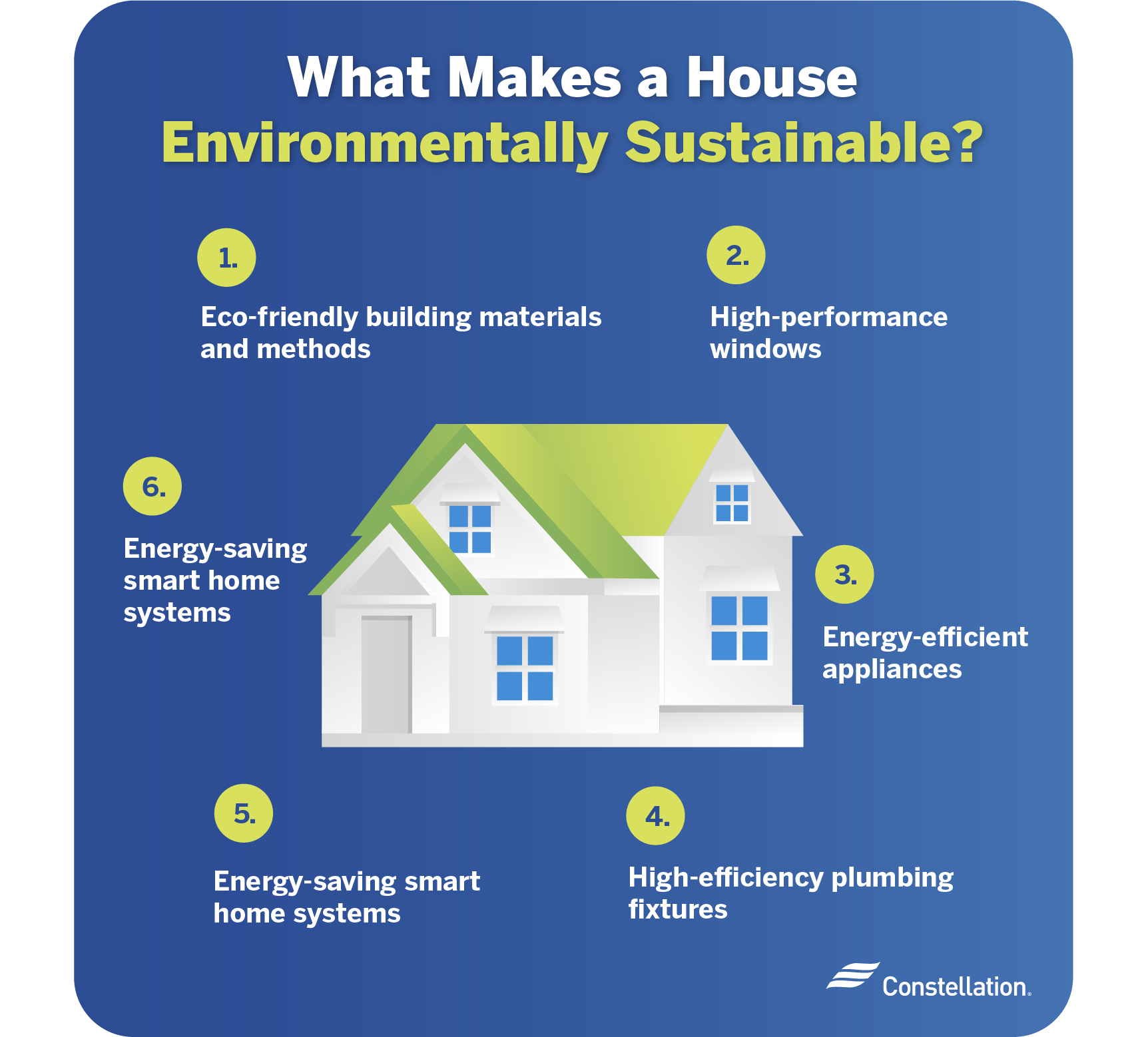
Navigating the Future: Efficient Eco-Friendly Systems
As the global community grapples with the pressing need for sustainable solutions, the spotlight is increasingly turning towards efficient eco-friendly systems. These systems represent a crucial pathway towards a greener and more sustainable future, leveraging innovative technologies to address environmental challenges.
Efficiency at the Core: Unveiling the Essence of Eco-Friendly Systems
Efficiency lies at the heart of eco-friendly systems. Gone are the days when environmental responsibility meant compromise; today’s solutions emphasize efficiency as a key principle. By optimizing processes and harnessing advanced technologies, efficient eco-friendly systems aim to minimize waste, reduce resource consumption, and pave the way for a more sustainable world.
Renewable Energy’s Role: Powering the Eco-Friendly Revolution
Renewable energy stands as a cornerstone in the realm of efficient eco-friendly systems. From solar and wind power to geothermal and hydropower, harnessing the potential of renewable sources is essential for reducing reliance on traditional, environmentally detrimental energy sources. The integration of renewable energy technologies not only contributes to a cleaner grid but also fosters energy independence.
Smart Grids: Revolutionizing Energy Distribution Efficiency
The evolution of smart grids marks a significant leap in enhancing energy distribution efficiency. Smart grids utilize advanced communication and control technologies to optimize the flow of electricity. By intelligently managing supply and demand, these grids minimize losses, increase reliability, and seamlessly integrate renewable energy sources into the existing infrastructure.
Energy Storage Solutions: Balancing the Peaks and Valleys
Efficiency in eco-friendly systems extends beyond production to storage. Advanced energy storage solutions play a pivotal role in balancing the intermittency of renewable energy sources. Batteries and other storage technologies store excess energy during peak production times, ensuring a steady and reliable power supply during periods of high demand or low renewable energy generation.
Green Building Technologies: Transforming Construction and Beyond
Efficiency in construction and operation is a key focus of eco-friendly systems. Green building technologies encompass a range of innovations, from energy-efficient HVAC systems to sustainable materials and designs. These technologies not only reduce the environmental footprint of buildings but also create healthier and more energy-efficient living and working spaces.
Waste-to-Energy: Turning Challenges into Opportunities
Efficient eco-friendly systems extend their reach to waste management through waste-to-energy technologies. These solutions convert organic waste into valuable energy resources, addressing two challenges simultaneously: reducing the burden on landfills and generating sustainable energy. This dual-purpose approach contributes significantly to environmental sustainability.
Eco-Friendly Mobility: Paving the Way for Sustainable Transportation
Transportation is a critical frontier for eco-friendly initiatives. The rise of electric vehicles, coupled with advancements in alternative fuels and sustainable transportation infrastructure, is transforming the landscape. Eco-friendly mobility solutions not only reduce carbon emissions but also drive innovation in the automotive industry and beyond.
Precision Agriculture: Cultivating Sustainability in Farming Practices
In agriculture, the concept of efficiency takes the form of precision farming. Eco-friendly systems in agriculture leverage technology to optimize resource use, reduce chemical inputs, and enhance crop yields sustainably. Precision agriculture ensures that farming practices align with environmental stewardship while meeting the global demand for food.
Embracing a Circular Economy: Redefining Consumption Patterns
Efficient eco-friendly systems align with the principles of a circular economy. This holistic approach prioritizes recycling, reusing, and reducing waste, aiming to create a closed-loop system where resources are utilized efficiently and responsibly. Embracing a circular economy is paramount for achieving long-term sustainability goals.
Efficient Eco-Friendly Systems: Shaping a Sustainable Tomorrow
In conclusion, efficient eco-friendly systems represent a pivotal force in shaping a sustainable tomorrow. By integrating innovative technologies and embracing efficiency as a guiding principle, these systems offer viable solutions to environmental challenges. As businesses, governments, and individuals join forces to adopt and promote these systems, the vision of a greener and more sustainable future comes into sharper focus.
To delve deeper into the world of Efficient Eco-Friendly Systems, visit businessfinancee.my.id for insights into the latest innovations and sustainable practices.








